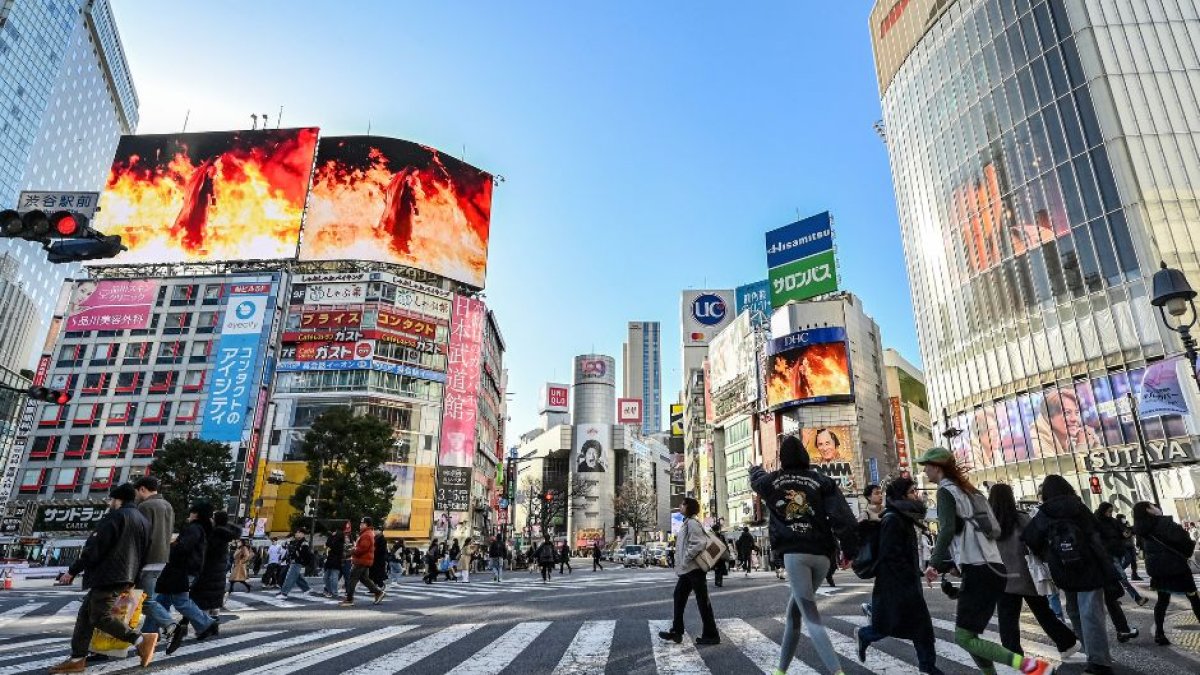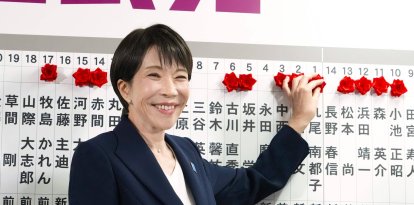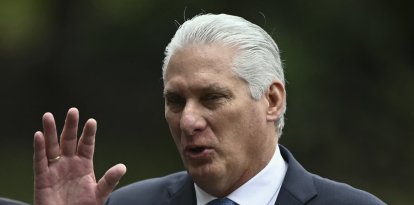Alert in Japan: The country is on the verge of collapse due to declining births
The Japanese government estimates that it has six years to reverse its depopulation before it effects the country’s well-being.

(Richard A. Brooks / AFP)
Japan is experiencing a downward trend in birth rates. The country is facing a severe population crisis with sharp decreases in births and marriages, which reduce the country's population by leaps and bounds. It is the eighth consecutive year in which births have decreased in Japan.
The authorities have declared the situation critical. In 2023, the worst year for births on record, only 758,631 children were born in Japan. This is a 5.1% decrease compared to previous years, according to data from the Ministry of Health obtained by AP.
Marriages are also down. In 2023, there were 5.9% less than the previous year. Only 489,281 couples decided to tie the knot formally. In 2019, it was estimated that a quarter of the total Japanese population under 40 years of age had never had sexual relations. 25% of adults of childbearing age are virgins. When the age is reduced, the figure accounts for practically half of that population group. This is one of the reasons why births are declining.
According to AP, Japanese surveys suggest that the young population doesn’t want to get married or start a family because of the effect it may have on their employment situation. The cost of living has increased at a much higher rate than salaries. People under the age of 40 in Japan are extremely precarious.
The government is concerned
The Japanese government is aware of the danger the country is facing. Japan could enter a death spiral if the population decline is not reversed in the next six years. "The period of the next six years or so until 2030, when the younger population will begin to decline rapidly, will be the last chance we have to reverse the trend," said Chief Secretary of the Japanese Government Yoshimasa Hayashi. "There is no time to lose.”
Japan's population, which was around 127 million in 2023, is estimated to fall below the 100 million threshold starting in 2056. According to other AP data, it is estimated that in 2070 the population will fall to 87 million. The danger lies in how these figures, and their distribution in the population pyramid, will affect the country's economy and national security.
Prime Minister Fumio Kishida warned that the low birth rate is the biggest crisis the country has faced in many years. His government promised to take measures to encourage young people to add to the population, but there are no guarantees that state policies will have any positive results in the coming years.
In other places, such as Europe, the left has proposed much more permissive immigration policies to address depopulation and low birth rates. These policies have allowed the population to grow. There has also been a cultural change in Europe. In Japan this scenario is different, due to the secrecy of its society and the general lack of acceptance of foreigners and other cultures.

























